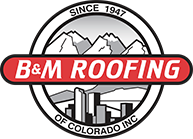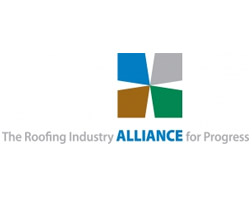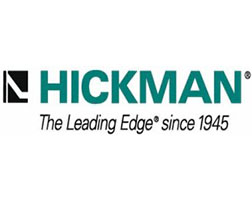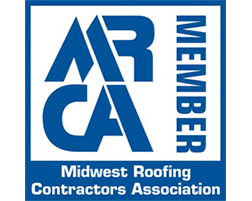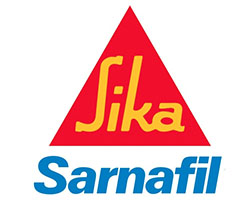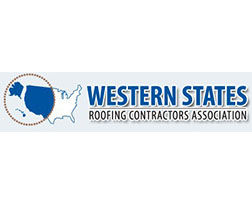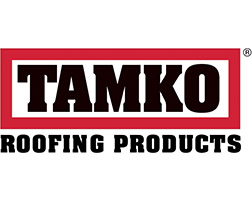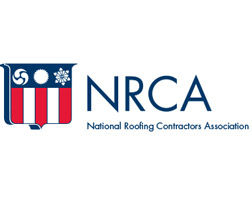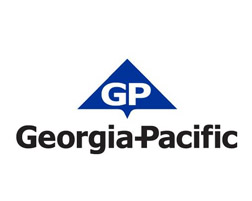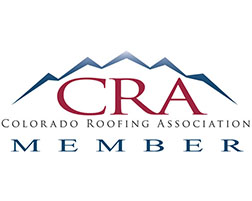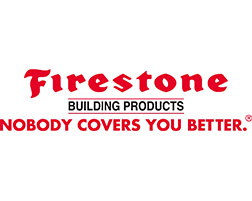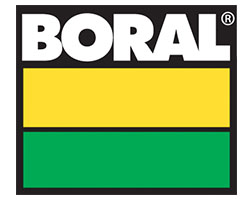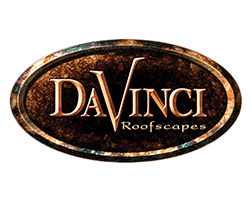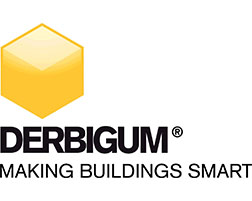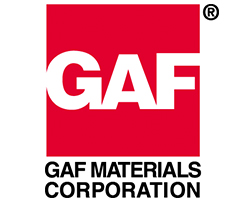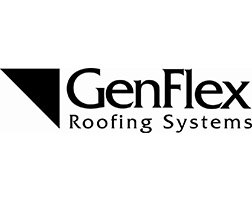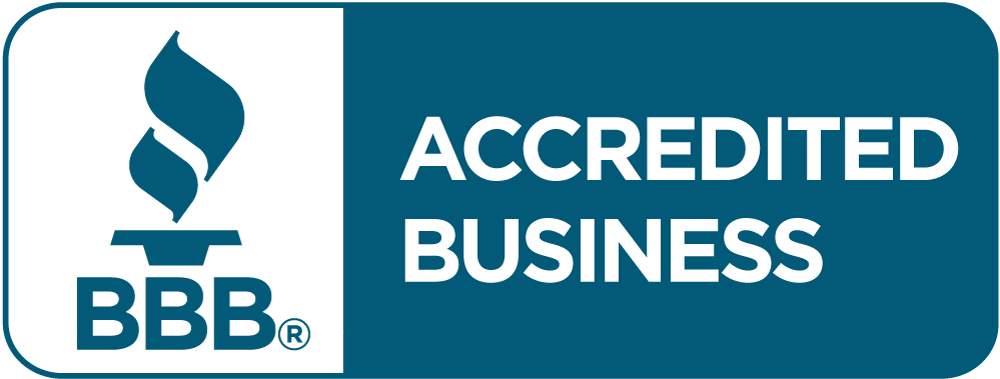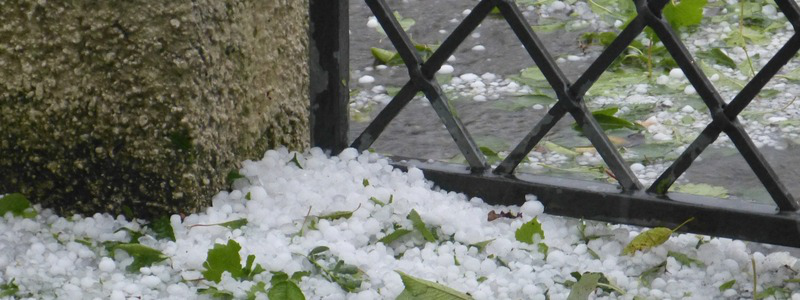
Best Roof For Hail
Hailstorms can cause significant damage to homes and property. Hailstones can range from golf ball size to baseball-sized. The force of these stones can break windows, shatter glass doors, and even dent vehicles.
There are some areas such as Colorado that are prone to hail during April and into July. Therefore, having the best roof for hail will provide protection and help anticipates the damage. There are several types of roofs that can withstand strong winds and heavy rain.
In this article, we will be discussing what are the best roofs and materials that will endure hail.
Damage Caused by Hail on The Roof
In Colorado, you will be familiar with the damage that hail can cause to your roofs. Even though a hailstorm may only last a couple of minutes, it can cause disastrous damage in that short amount of time to your roof.
Hail can do multiple things to your roof, it can not only damage your roof but also damage other elements of the roof. Such as the chimney, gutters, vents, and skylights. Alongside that, hail can crack the shingles, (except the hail resistant shingles) and weaken the seals on your roof, just to name a few.
All of these things then lead to leaks starting to form in our roof, which can lead to further damage in your home. As a result, it is important to stay on top of any damage that is caused to your roof. Thus, if you notice any damage to your roof or suspect any damage, then you call a professional to inspect your roof.
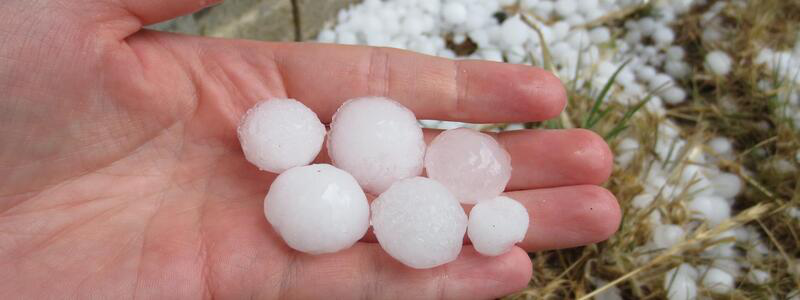
What Is The Best Roof for Hail Storms?
There are many kinds of best roofs for hail storms that can be used for protecting your home. Some of them include:
Metal Roofs
Metal roofs have been around for years, and they still remain one of the most popular best roof for hail. They are made out of metal sheets that are attached together with screws, nails, etc. Metal roofs are very durable and long-lasting, which makes them an excellent choice for protecting your home from severe weather conditions. However, there are some cons associated with using metal roofs. One of the main con there is the chance that if the hail is big enough, it can dent the roof, especially if you have a flat roof.
Thicker metal panels are much more durable as they can deflect the hail. Yet over time, the impact of multiple hail storms will begin to show.
Impact-Resistant Shingles
Asphalt shingles are a popular choice for residential roofs, and luckily, there are impact-resistant options available. These shingles are specially designed to withstand the force of hailstones. They are constructed with reinforced fiberglass matting and have a higher impact resistance rating than standard shingles. Impact-resistant shingles can help minimize the risk of damage and prolong the lifespan of your roof.
Slate or Tile Roofs
Slate and tile roofs are renowned for their resilience and longevity. These materials have a natural resistance to hail damage due to their solid and robust composition. Slate and tile roofs can withstand the impact of hailstones without sustaining significant damage. While they may be a higher initial investment, they offer exceptional durability and an elegant appearance.
Rubber/EuroShield Roofs
Synthetic roofing materials, such as synthetic slate or rubberized shingles, are gaining popularity due to their hail-resistant properties. These materials are engineered to mimic the look and durability of natural materials while providing additional impact resistance. They can withstand hailstorms without cracking or breaking, offering excellent protection for your home.
These rubber roofs are very sturdy as they absorb all the impact caused by the hail. Thus, the hail easily bounces off the roof. Alongside that, rubber roofs are made from recycled tires and come in various styles and colors. Yet, they are an eco-friendly option that are also very low maintenance.
Tile Roofs
Tile roofs can be made from slate, clay, concrete, or ceramic and will last for many years. This type of roof is ideal for hailstones that are smaller than 2 inches. However, if the hail is any bigger, then the chances of the tiles breaking or chipping is increased, which may also not be covered by some insurance companies.
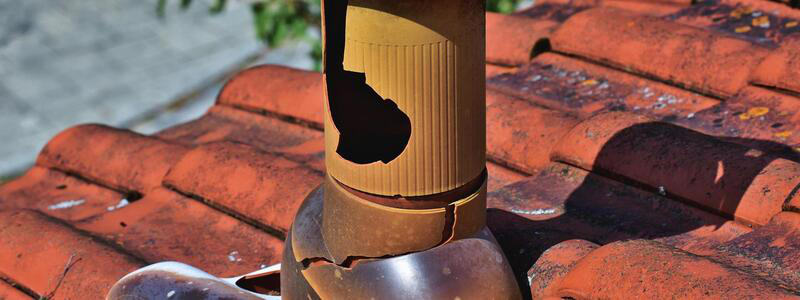
Class 4 Hail Resistant Metal Roof
A class 4 hail-resistant metal roof is the highest impact rated roof you can get your hands on. They can withstand hail that is around 2 inches big. Often these roofs are made from aluminum, copper, asphalt, plastic or resin shingles.
These roofs can also stand 110 miles per hour winds and are a great long term investment. If you want a roof that will give you long-term protection from hailstorms, then you may want to consider a class 4 roof. Especially, as their impact rating is so high, you will have to spend less money on this roof for maintenance or replacement costs.
F-Wave Roofs
An F-wave roof is another low-maintenance roof that is very durable and lightweight. They also have a class 4 hail rating and can withstand 130 miles per hour winds. When you purchase an F-wave roof there is the option to have roofs that look similar to slate, asphalt or cedar shakes.
An F-wave roof is one of the few roofs that have a hail warranty, which is very handy when it comes to living in Colorado.
What Materials Are Hail Proof?
Hailstorms can wreak havoc on our homes, causing extensive damage to roofs and leaving us with hefty repair bills. Therefore, it’s natural to wonder if there are any materials that are hail-proof. While no material can claim to be completely immune to hail damage, some options offer higher levels of resistance than others. Let’s explore a few materials known for their hail-resistant properties:
- Metal Roofing: Metal roofs, typically made of steel, aluminum, or copper, are highly regarded for their durability and resilience. Metal panels are inherently strong and can withstand the impact of hailstones. Additionally, their smooth and slippery surfaces allow hail to slide off more easily, reducing the risk of damage. Metal roofs are a popular choice in hail-prone areas due to their ability to deflect hailstones and minimize potential harm.
- Stone-Coated Steel: Stone-coated steel roofing combines the strength of metal with a protective layer of stone chips. This combination creates a highly durable and hail-resistant material. The stone coating adds an extra layer of protection against hail impact and helps to absorb and distribute the force. Stone-coated steel roofs are an excellent choice for areas susceptible to severe hailstorms.
- Synthetic Roofing Materials: Synthetic roofing materials, such as synthetic slate, rubberized shingles, or polymer-based tiles, offer a hail-resistant alternative to natural materials. These synthetic options are engineered to withstand the impact of hailstones without cracking or breaking. They are designed to be flexible and durable, providing a high level of resistance to hail damage. Synthetic roofing materials are a popular choice for homeowners seeking both durability and aesthetic appeal.
- Concrete and Clay Tiles: Concrete and clay tiles are known for their robustness and ability to withstand harsh weather conditions. These tiles are naturally resistant to hail impact due to their solid composition. The density and thickness of concrete and clay tiles provide excellent protection against hail damage. However, it’s worth noting that extremely large hailstones or severe hailstorms can still cause some level of damage to these materials.
While these materials offer a higher level of hail resistance compared to others, it’s important to remember that no roof is entirely hail-proof.
In severe hailstorms with unusually large hailstones, even the most resilient materials can sustain some damage. However, choosing hail-resistant materials can significantly reduce the risk and extent of damage to your roof.
When considering hail-resistant materials, it’s essential to consult with roofing professionals who have expertise in hail-prone regions. They can provide guidance on the best materials for your specific climate and help you make an informed decision based on your needs and budget.
Are Metal Roofs The Best for Hail Storms?
Yes, metal roofs are better for hail because they are very durable and strong. As we mentioned before, the only thing that could damage a metal roof is a large hail storm. Even then, the chances of damaging the roof are minimal.
Metal roofs are also very easy to install and maintain. You do not need to worry about any special tools or skills needed to install a metal roof. All you need to do is attach the metal sheets together with screws, nails etc. Once the roof is installed, you just need to make sure that you keep it clean and free of debris.
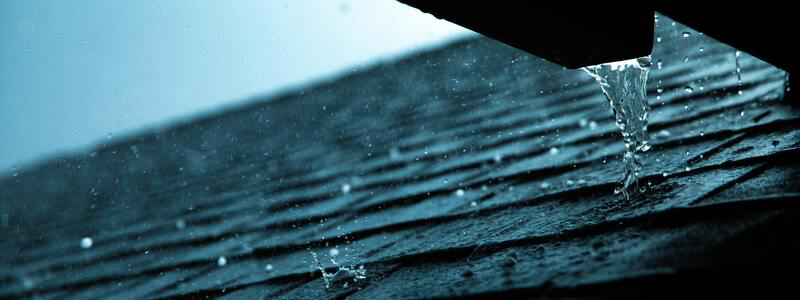
What Can I Do To Protect My Roof From Hail?
If you live in an area where hail storms are common, then you should take steps to protect your roof against the effects of hailstorms. The best way to do this is to choose a good roof system for your home. A roof that has been designed specifically for hail resistance will help to protect your home from hailstorms.
Alongside that, when the weather is nice, you should keep your trees and shrubs maintained. If you have tall trees, then you should remove any branches that are considered weak. Otherwise, when a hail storm occurs, these branches could fall down and damage your roof.
Your home also needs to be protected by hail alongside your roof. To protect the rest of your home, you should close any blinds or curtains so that if any windows break during the storm, no glass will be blown into your home. Also, hinge shutters are a great idea to have installed. This is because they are much easier to repair or replace than a broken window.
Finally, any outdoor furniture must be put under a covered area or brought inside to keep them safe. Also close all tarps, umbrellas or canopies in the garden. Otherwise, the hail storm will destroy the fabric. So it’s best to keep them closed.
Protect Your Roof with B&M Roofing Colorado
In Colorado, hail storms are very popular and can cause a lot of damage to your roof. Hence, having a metal or rubber roofs could help prevent your roof from being damaged due to hail.
At B&M Roofing, we inspect your roofs for hail damage, and offer you durable and hail resistant materials to be used on your roofs. We will also offer you preventive measures in the spring before the hail season.
Call us today at 303.938.9642 to schedule a visit from our emergency repair team or visit our leak repair request page to submit your information and have one of our team members contact you.
Our 24/7 support line is here to help immediately with emergency roof repair. Calling sooner means less of a wait and more opportunities to repair before extensive damage is done. We offer work throughout Colorado, including:
- Denver
- Colorado Springs
- Fort Collins
- Boulder
- Greeley
- Rocky Mountain areas
- Surrounding states including Wyoming, Utah, Kansas, Nebraska
